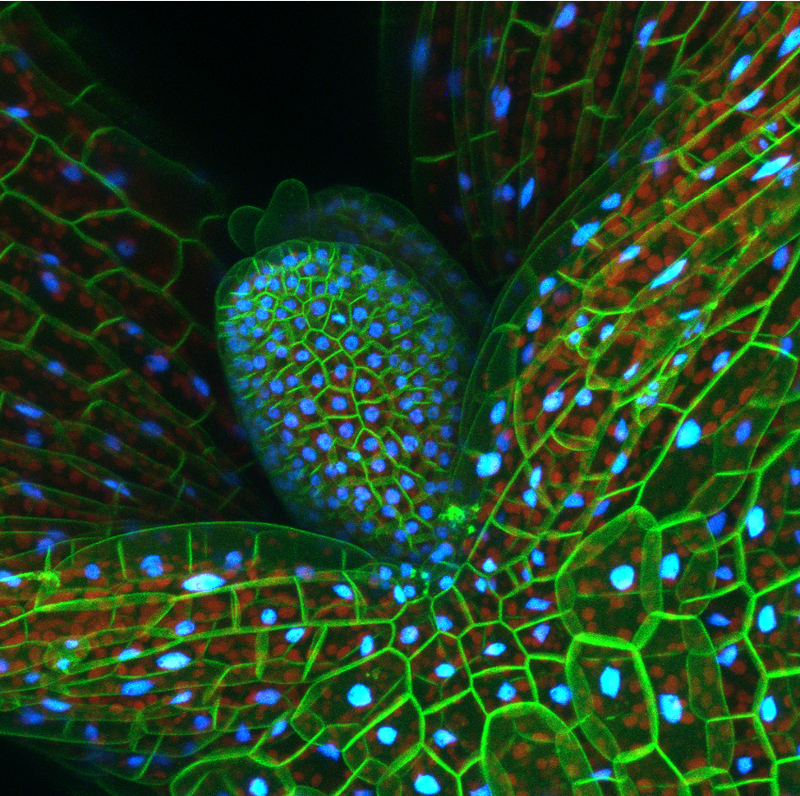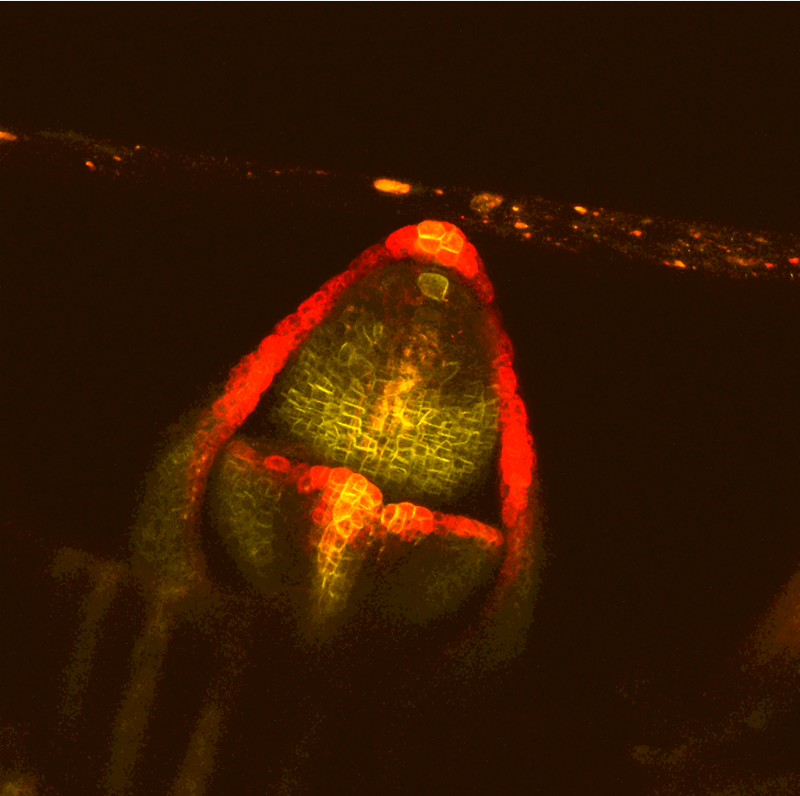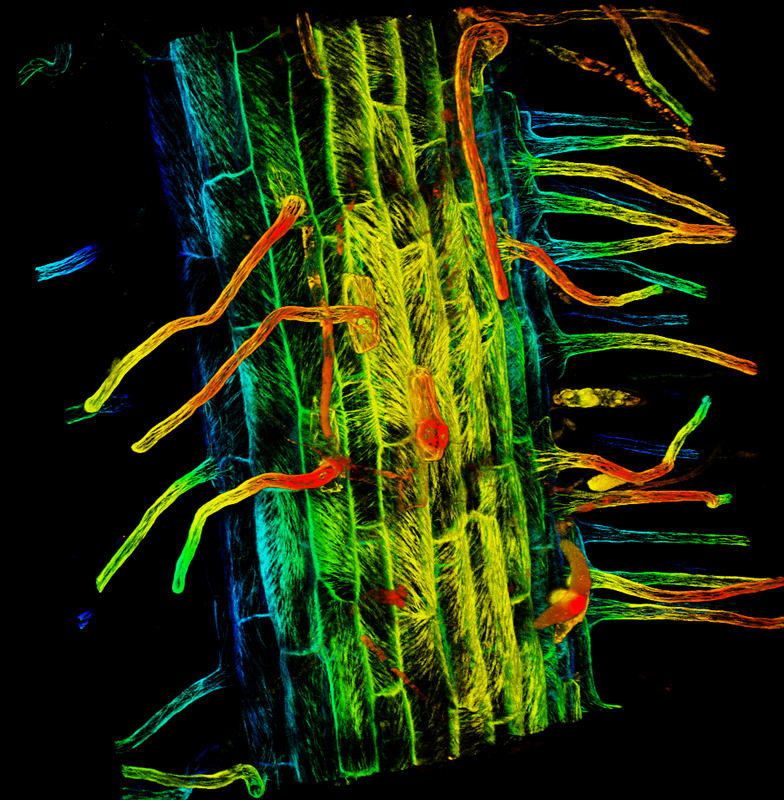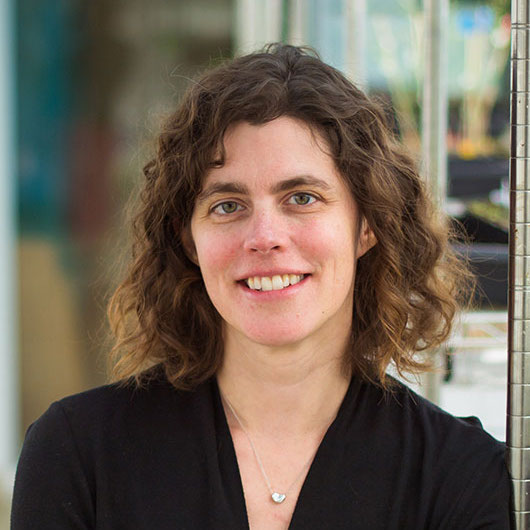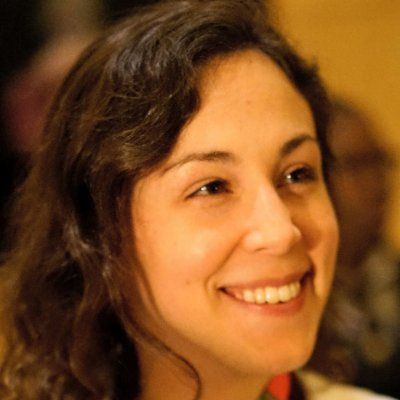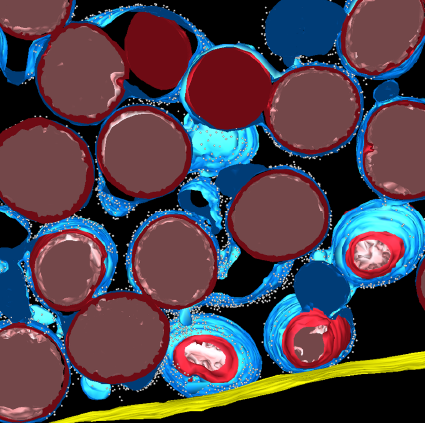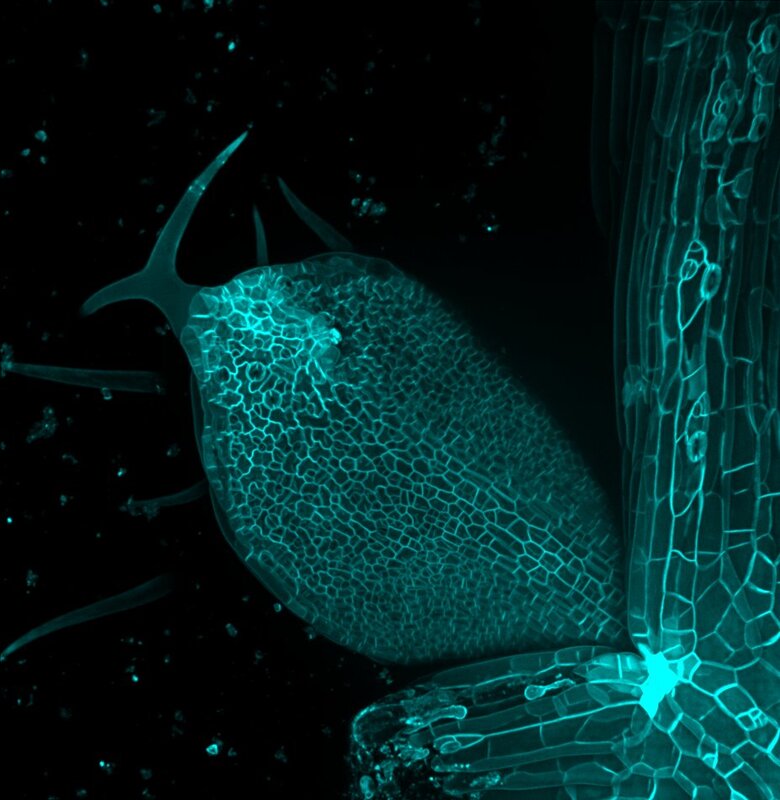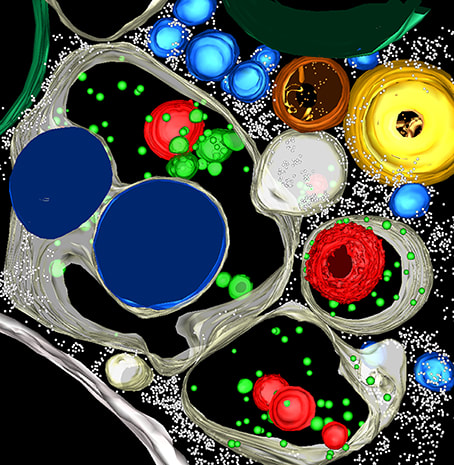Objectives |
Registration |
|
A workshop featuring three academic scientists at different stages of their plant biology careers. We will start with short presentations from each scientist about their personal and professional paths and their perspectives on their future. These will be followed by a panel discussion and open Q&A about plant biology careers in academia.
You can find the video of this event here. Career Panel Organizers and Speakers |
Registration for the PCA Career Panel Workshop is now closed.
Workshop Times PDT - 9:00am - 10:30am MDT - 10:00am - 11:30am CDT - 11:00am - 12:30pm EDT - 12:00pm - 1:30pm CEST - 6:00pm - 7:30pm GMT+8 - 12:00am - 1:30am (7/27/2021) |
Panelists
|
|
Mary Gehring is a Member of the Whitehead Institute for Biomedical Research and an Associate Professor of Biology at MIT. Mary received her Ph.D. from the University of California, Berkeley and performed her postdoctoral research at the Fred Hutchinson Cancer Research Center. Her lab’s research focuses on the confluence of epigenetic dynamics and genetic conflicts during seed development and on mechanisms that maintain epigenetic homeostasis. She enjoys spending time outdoors and playing with her two children.
|
|
|
After receiving a Bachelor of Science from the University of Toronto, Aman pursued a PhD in Patricia Springer’s lab at the University of California - Riverside. Using biochemical and genetic analyses, he demonstrated that the LOB DOMAIN genes constitute a new class of plant-specific transcription factors, regulating a variety of developmental processes including brassinosteroid signaling, adaxial-abaxial polarity, and lateral root production. After receiving his PhD, Aman joined Marja Timmermans lab at Cold Spring Harbor Laboratory in NY, who has since moved to the University of Tuebingen in Germany. There he studied the molecular mechanisms that polarize the adaxial-abaxial (or dorsoventral) axis, which drives the production of flat leaf architecture. Finally, in January of 2018, Aman joined the Molecular Genetics department at Ohio State. His lab is interested in the mechanisms that govern complexity and reproducibility, two outcomes which seem in tension yet are both defining features of development.
|
|
|
Rachel Shahan is a Ruth L. Kirschstein NRSA postdoctoral fellow in the lab of Dr. Philip Benfey at Duke University. Using the Arabidopsis root as a model, she is employing single-cell transcriptomics and molecular genetics to study gene regulatory networks underlying cell identity and differentiation. Prior to joining the Benfey lab in 2018, Rachel completed her thesis work at the University of Maryland where she was a USDA NIFA pre-doctoral fellow in the lab of Dr. Zhongchi Liu. Her dissertation focused on the molecular regulation of fruit development in Fragaria vesca, a diploid strawberry. Looking to the future, her career goals include opening her own lab at a research-intensive institution. When not in the lab, Rachel enjoys running, trying new restaurants, and traveling.
|
Agenda
|
9:00 AM - 9:05 AM PDT
|
Introduction
|
|
9:05 AM - 9:20 AM PDT
|
|
9:20 AM - 9:35 AM PDT
|
|
9:35 AM - 9:50 AM PDT
|
|
9:50 AM - 10:30 AM PDT
|
Q&A and Panel Discussion
|

